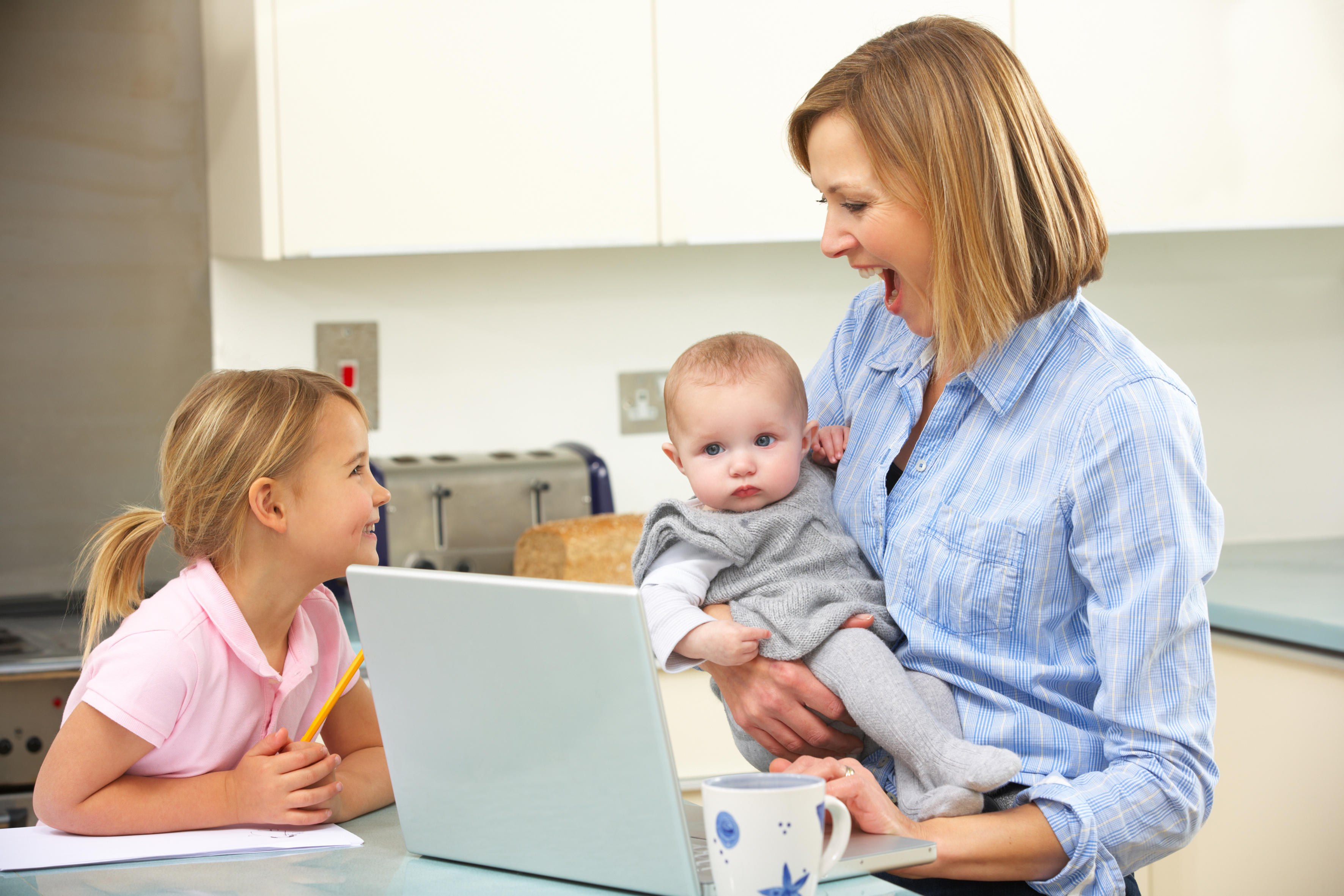News
‘Car crash’ for women’s state pensions as child benefit take-up falls

Women are facing a state pension disaster as figures reveal the take-up of child benefit has fallen to a new low.
The number of families claiming child benefit has fallen for the ninth year in a row, from the peak of 7.92m in 2012 to 7.09m in August 2021.
HM Revenue & Customs noted that in just a year, this is a decrease of 122,000 families and 215,000 children.
It added that over the pandemic period, “the rate of decline has accelerated” and “the latest annual fall is the largest percentage reduction since the introduction of the High Income Child Benefit Charge (HICBC).
Child benefit is linked to state pensions and as the majority of claimants are mothers, the decline in take-up represents a “slow motion car crash” when it comes to women’s future state pensions, experts have warned.
The High Income Child Benefit Charge and state pension link
Child benefit is paid to parents and guardians of children aged up to 16 (or 20 if they are in education or training). Currently it’s £21.15 a week for the eldest or only child and £14 a week for subsequent children.
Once a child is born, families have one of three options: they can claim child benefit and receive payments, they can claim and opt-out of payments or they can choose not to claim.
The choice may come down to discussions around salary and tax, largely because of the HICBC, introduced in January 2013.
Claimants with an individual income above £50,000 are required to pay 1% income tax on the child benefit for each £100 of excess income. This means the value of child benefit is eroded to nil once the taxable income of one of the adults exceeds £60,000.
For families where one parent takes time out of work to look after a baby while the other works (earning between £50,000 and £60,000), they’re liable for the tax charge via self-assessment, or they can opt-out of receiving the benefit altogether.
The HMRC statistics revealed that in the year to August 2021, 651,000 families opted out of receiving child benefit, while families receiving child benefit “continues the downward trend seen since the introduction of the HICBC in January 2013”.
Broken down into genders, 85% were women (556,000) and 15% were men (95,000).
As one of the benefits of a child benefit claim is that it enables the recipient to receive National Insurance credits and protect their record for state pension entitlement, women are ultimately paying the price.
This is because the new state pension requires 35 years of National Insurance Contributions for the full amount and if women are opting out of receiving child benefit, they could miss out on sums in the future.
‘Current system is broken’
Steve Webb, former pensions minister, and partner at consultancy firm Lane Clark and Peacock (LCP), explained that many families don’t realise that even if they don’t want to risk facing the HICBC, they can claim the NI credits without receiving the child benefit itself.
But where families realise they’ve been missing out, HMRC will only backdate claims by three months so mothers could be missing out on many years of NI credits towards their state pension.
As an example, a woman who started a family in early 2013 and decided not to claim child benefit could by now have missed out on up to nine years of NI credits. In a worst case scenario, she could miss out on 9/35 years of her state pension. At current rates this is a state pension shortfall of around £2,400 per year or around £50,000 in missed pension over the course of a typical retirement.
Webb added: “These latest figures represent a ‘slow motion car crash’ when it comes to women’s state pensions. The creation of the HICBC in 2013 has led to a steep decline in the number of mothers claiming child benefit and in particular in the numbers benefiting from National Insurance credits for time at home with children. Without these credits, women could be losing thousands of pounds in retirement income. As a matter of urgency, HMRC should scrap its rules on backdating claims so that mothers who realise they have missed out can claim their missing NI credits. But there needs to be a fundamental rethink of the way parents at home with children get their state pension rights protected as the current system is clearly seriously broken.”
Sarah Coles, senior personal finance analyst at Hargreaves Lansdown, said that for families registered for child benefit, it’s worth thinking carefully about which parent receives the money.
She said: “If one of you doesn’t work, or doesn’t earn enough to pay National Insurance, they should be registered for child benefit. This is because until the age of 12 they can receive National Insurance Credits, which count towards their state pension entitlement. If a parent who earns enough to pay NI receives the money, they won’t get the credit. The figures show that 87% of registered claimants are women and 13% are men, and while we can’t know which of these parents are working and paying National Insurance, it’s worth considering your own position.”